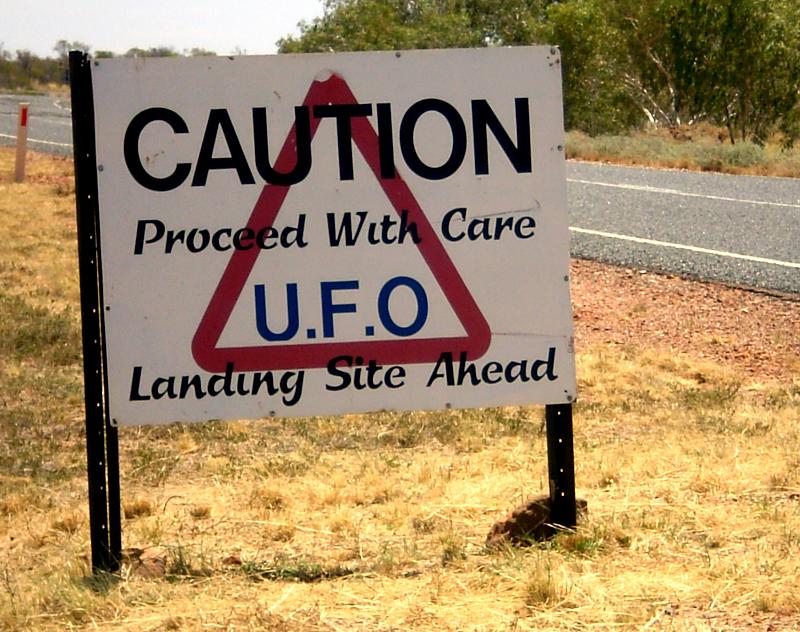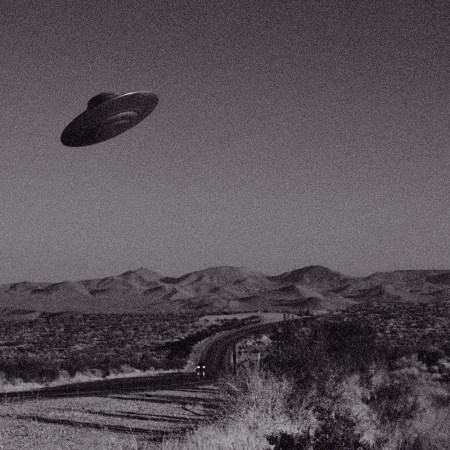Last month, the Navy did something that might have seemed unthinkable in years past: they formally released footage of pilots encountering UFOs. This isn’t to say that the footage was of a pitched dogfight between the American military and an alien fighter, a la Independence Day — but it sure did involve a flying vehicle that looked and behaved like nothing else on the planet.
All of this means that it might be time to rethink UFOs, moving them from the category of the paranormal to that of the scientific. At Vox, Sean Illing spoke with political scientist Alexander Wendt about that very topic. Wendt is the author of a number of highly-regarded books on the subject of social science and interpersonal interactions.
Illing describes Wendt as “about the closest thing you’ll find to a UFO expert in a world in which ufology isn’t a real science.” And for Wendt, the issue comes down to the odds that aliens have visited Earth.
“I think the odds are high enough that we should be investigating it,” Wendt says in the interview. “It’s as simple as that.” Wendt has become outspoken about the subject in part because of his frustration with the scientific community’s silence on the subject. Or, as he phrases it:
So even though the Navy is now saying, “Hey, we’ve got UFOs on film, here they are,” the scientists are still not going to study them. So there seems to be something blocking the scientific community from engaging this phenomenon, even though anything else even remotely this interesting would generate limitless research dollars.
Wendt makes a convincing case for his side of the argument — and for the seismic impact of what a confirmation of alien life would mean. Why does he feel so strongly about this? “Because if ETs were discovered, it would be the most important event in human history,” Wendt says. It’s hard to argue with that.
Subscribe here for our free daily newsletter.
Thanks for reading InsideHook. Sign up for our daily newsletter and be in the know.


















